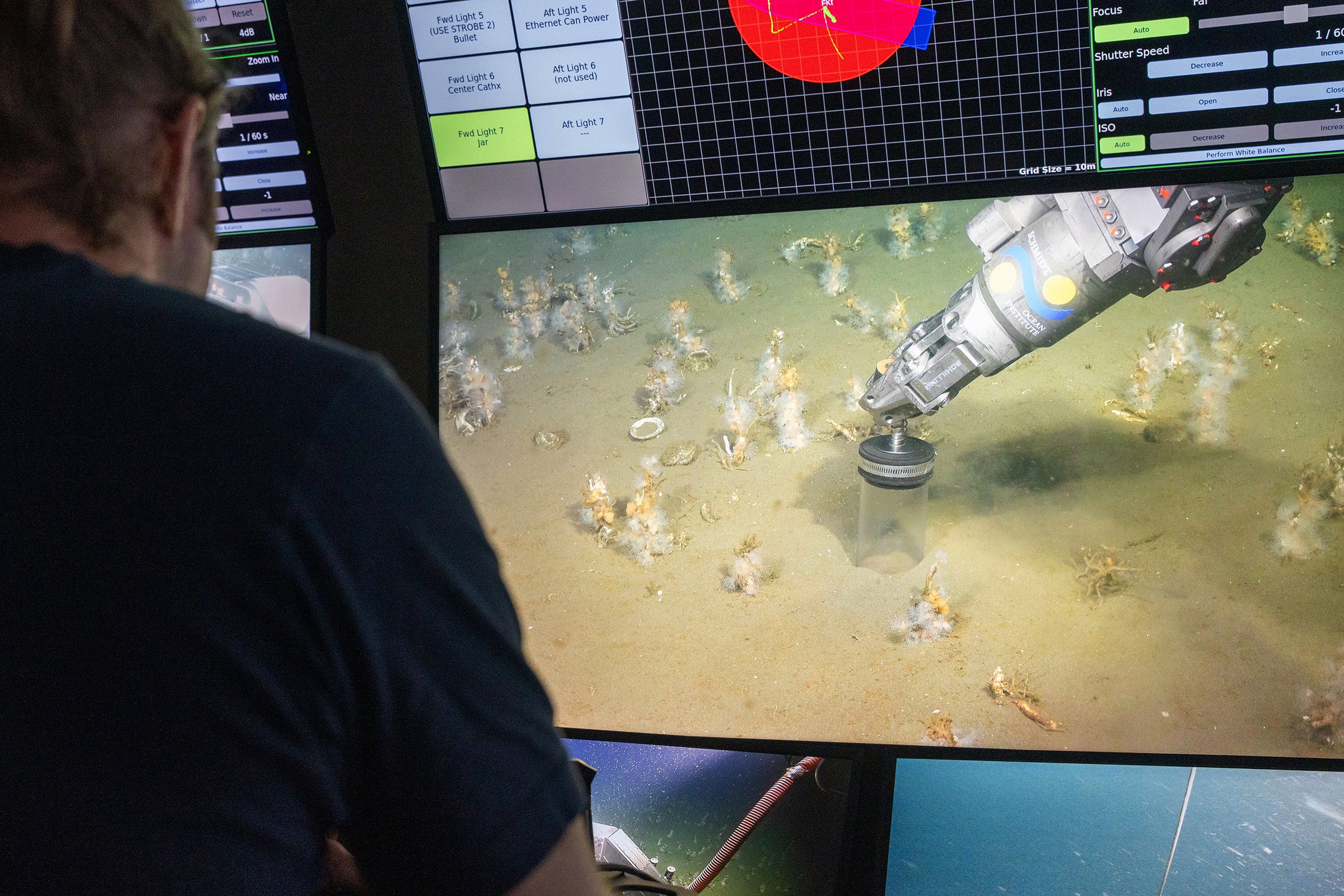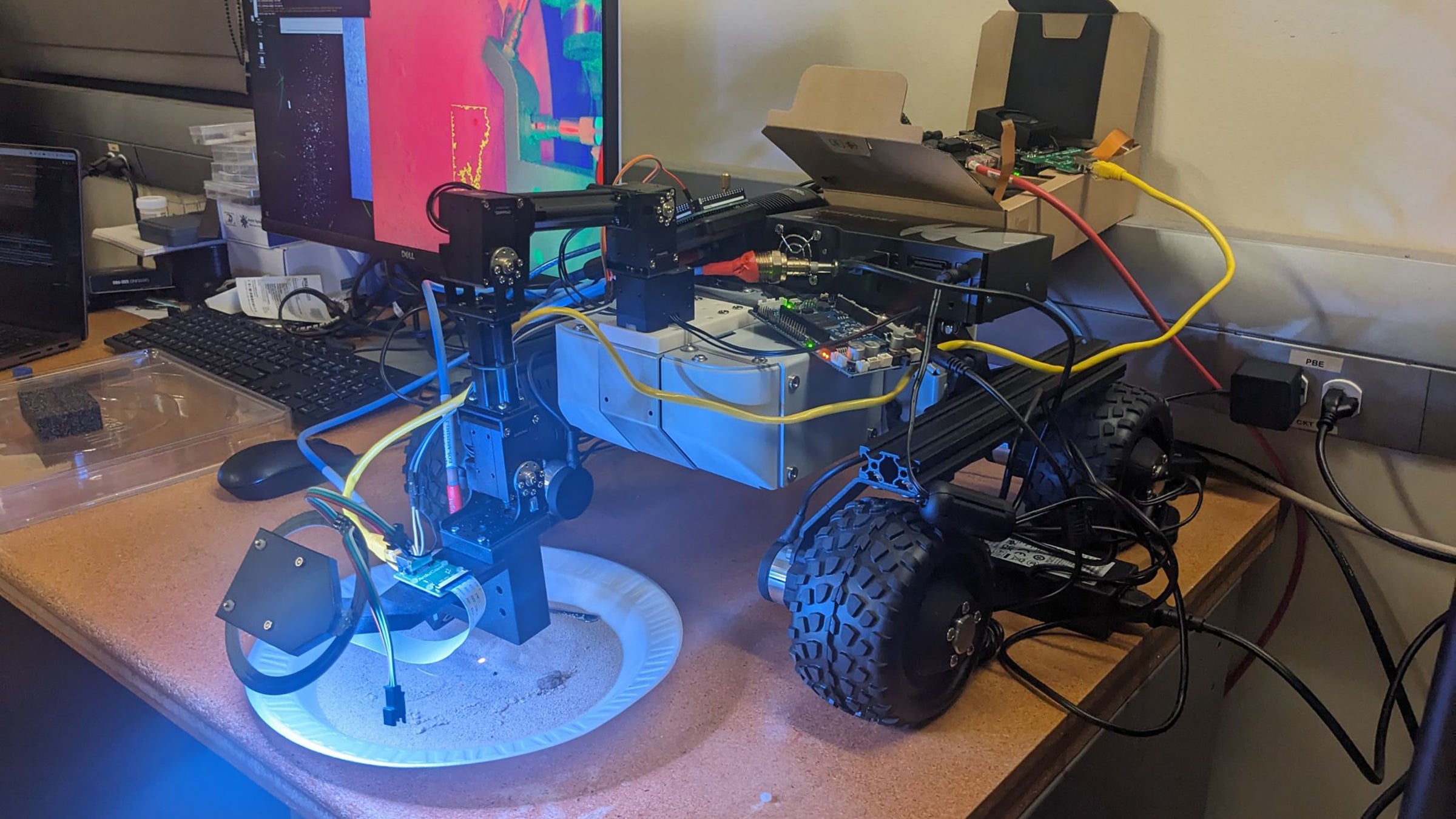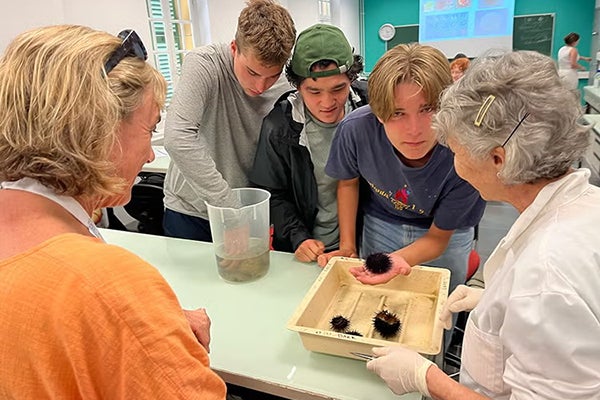Take a Peek into What the Turtles Have Been Up To While They’re Away From the Turtle Pond
As students prepare to go on break, the turtles are away from the main campus, too.

As cooler weather quickly approaches, students will soon be going on fall break, taking time away from the hustle and bustle of campus life. Meanwhile, the turtles at The University of Texas at Austin turtle pond are on a vacation of their own.
While the turtle pond undergoes repairs, the turtles have been relocated to ponds at another campus. While it’s unusual to see the turtles away from their regular habitat, this isn’t the first time scientists have needed to move turtles away from the Forty Acres.
In 2014 and in 2005, the turtles were moved to ponds in the Brackenridge Field Lab and Pickle Research Campus for other maintenance on the turtle pond. At BFL, a protected space west of downtown, they had some scary encounters with the other wildlife.
“The raccoons took advantage of some of the naive turtles walking at night,” said Travis LaDuc, UT’s curator of herpetology.
To avoid a similar situation, the turtles are currently being held in concrete-lined ponds, where they are able to escape potential predators by sliding down the concrete sides into the water. Additionally, the turtles are less active due to the chillier weather, decreasing the likelihood of them wandering away from the pond.
“The turtles are adjusting well to their temporary home, interacting with each other as they do in the UT ponds and basking along the concrete sides,” LaDuc said.
With 100 turtles needing to be transferred, the researchers spent several days and nights carefully removing the turtles from the turtle pond, putting them in large plastic bins, and trucking them to the Pickle Research Center.
“Our initial capture took place two mornings before the draining began, but without water and sediment removed, it was impossible for us to capture every turtle that first day,” LaDuc said. “That meant several late nights, from midnight to 7 a.m., were spent wrangling the last of the turtles from the ponds.”

Justin Havird, associate professor of integrative biology, said collecting the turtles was overall a smooth process, but some of the turtles were especially wily and difficult to capture, necessitating the use of special equipment and several student volunteers.
“The ones at the turtle pond are very used to people, so the first 70 or 80% of them were easy to collect,” Havirdsaid. “The other 20 or 30% had gotten wise to us, so we had to use dip nets and waders and seines.”
As the pond was drained, the team wondered about the turtle species they’d find, but Havird said they didn’t encounter any surprising creatures.
“It was interesting to me that we didn’t find a lot of interesting things because there have always been tons of rumors about snapping turtles in there or weird, large fish,” Havird said. “But when we got rid of all the water and the muck, we found 95% red-eared sliders, which are very common.”
While the turtles are beloved members of the UT community, Havird emphasized that they are still wild animals.
“We don’t do anything to take care of them, so we don’t typically feed them or check on them,” he said. “We’ve only started to get more intimately familiar with them because we’re starting to do research projects on them, which has included visiting them regularly, photographing them, and measuring them.”

Havird, who leads a team of undergraduate researchers in sampling the turtles and studying their microbial communities, said the temporary relocation offers a unique opportunity for his team to study the turtles.
“It’s a blessing in disguise, because we have this big intervention where the habitat is changing,” Havird said. “We can actually go and sample them at the Pickle Research Center and see how this change in habitat has influenced their microbiomes, and then we can sample them after they get reintroduced back to main campus and see if it changes back.”



